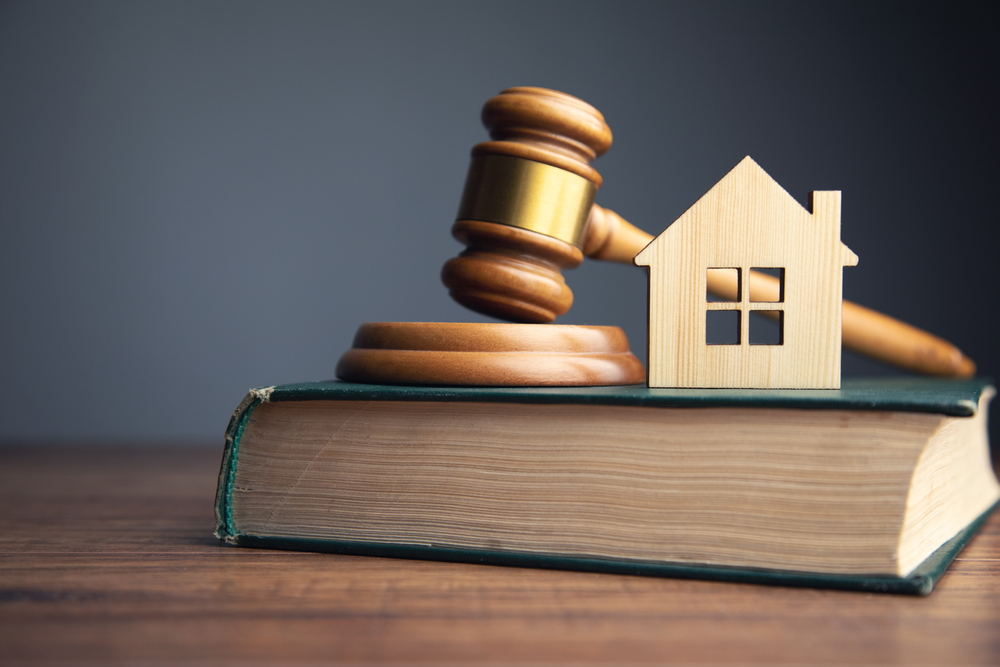BLOG
A recent announcement by the Community Associations Institute discussed several important new areas for uniform state laws involving community associations. Among those that caught the eyes of our firm’s attorneys were condominium structural safety reforms, electric vehicle charging stations, and unlawful restrictions in land records.
The Uniform Law Commission provides states with non-partisan, well-conceived and well-drafted legislation that brings clarity and stability to critical areas of state statutory law. One of those areas is real estate, and the groups involved include the Community Associations Institute, which is the leading organization representing the interests of communities with associations, together with the American Bar Association, the American College of Real Estate Lawyers, the American Land Title Association, and the American College of Mortgage Attorneys. The ULC monitors developments in legislation and judicial decisions affecting real property, and it develops and recommends uniform laws for the consideration of state legislatures.
The CAI announcement revealed that the ULC section for real estate laws is reviewing condominium structural safety issues and the funding of reserves. Its members are receiving and reviewing information that includes the significance of owners being unable to pay their share, as well as non-traditional solutions to raise funds for structural repairs.
The communique from the organization also provided an update on the previous recommendation from ULC members for a study committee to consider a uniform Electric Vehicle Charging Station Act. The matter remains under review, and CAI has followed up by presenting information on issues including: the insufficient capacity in the electric supply for many established associations to handle the introduction of a certain volume of chargers, cost increases, charging billing and payments, owner expenses for private chargers, and others.
Lastly, the update discussed the status of ULC’s newly published Uniform Unlawful Restrictions in Land Records Act. The Act, which Florida has passed into law, allows homeowners to remove unlawful restrictive covenants from the deeds to their homes, and provides for the removal of unlawful restrictive covenants from the governing documents of condominiums and other homeowner associations. While discrimination in the sale, rental, and financing of housing has been illegal since the Fair Housing Act of 1968, many property records today still contain offensive and unlawful restrictions that predate FHA. The proposed Act permits homeowners or associations to fill out an amendment form and record an amendment to remove such unlawful restrictions, and it provides a sample form.
Our firm salutes CAI’s efforts to provide members of the ULC section for real estate laws with invaluable input and insight from highly experienced community association industry professionals. We look forward to receiving and sharing more updates on the organization’s efforts and involvement with the ULC to develop and promote important new uniform state laws.
Our firm’s attorneys write regularly about timely matters for associations in this blog, and we encourage association directors, members and property managers to enter their email address via the link below to subscribe to our newsletter and receive our future articles.

